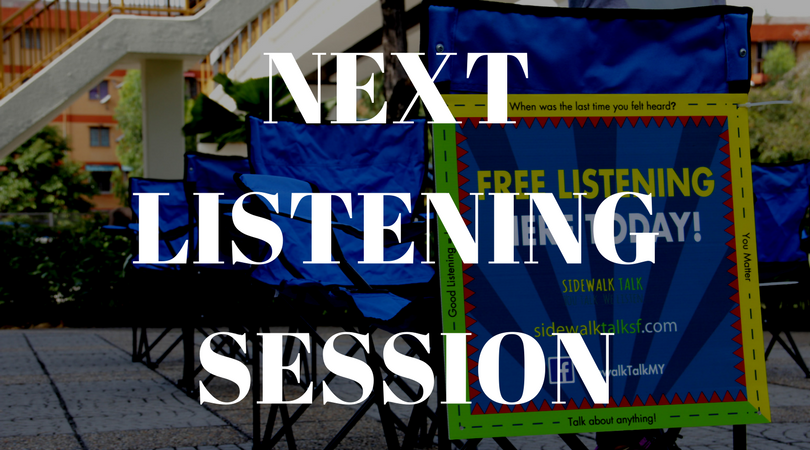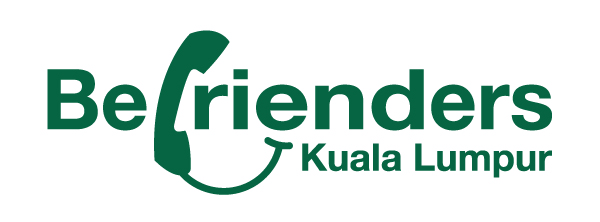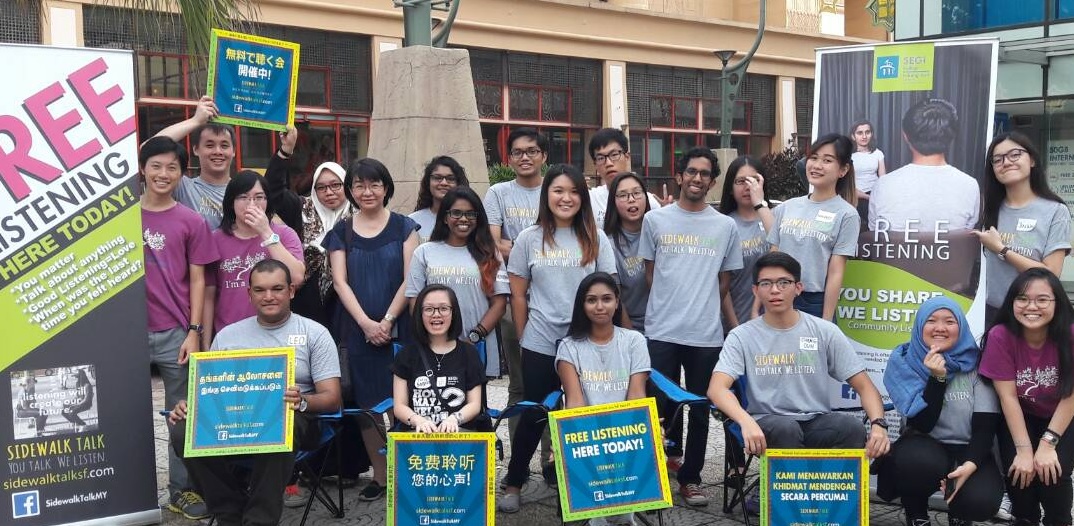The theme for 2017 is Mental Health at the Workplace. Usually people start an article with all the negative statistics about an issue, for that, please ask Uncle Google. I would like to share few tips on how we can promote good mental health at the workplace. My aim is not to change your existing belief about things, but to offer an alternative.
1. Whatsapp or any communication application.
No one is really happy about getting text about work after working hours. You will never know a message that you have sent to your colleague that does not require an immediate reply , but causes him or her a sleepless night or moody during the dinner time with the love one. We need time for our self. If you need to text your colleague about work after work, let's think twice. You might want to download different apps for work matter and off work matter. For example, you use Whatsapp for work and Facebook Messenger for off work matters. You can always delete the apps that you use for work after working hours. The world won't stop just because you didn't reply a text about your work. Excessive use of technology is not good for mental health.
2. Practice Emphatic Listening
Listen to each other, not to reply, but with the intention to understand. Sometime we assume we know the reason, even before someone explain it to us. This is not empathy. Whenever your staffs have any requests, give him or her some time to explain the reasons. For example, if you staff asks for an increment, do not assume that it is because he or she wants more money. Maybe, he has a sick mother who highly depended on, maybe her son is sick or maybe he just wants more money. We don't know, and the sad thing is that, many times, we don't even bother to ask! And we assumed that we know. Just listen and you might figure out the real reason. People who felt heard will know that they matter. This is a good mental health practice. Besides that, a simple act count. Stop whatever you are doing, clear your mind and listen. A heart centered listening is a key for a healthy workplace.
3. Explain WHY before WHAT.
Beware of this straight to the point attitudes. Straight to the point is good because it saves time and people know what you want. But telling people what you want are unlikely to to drive any behavior. This is because our Limbic brain that helps us make decisions do not have the capacity for language. If you intention of putting up company memo is not limited to telling employees what but to drive behavior, always explain WHY before WHAT. Please listen to Simon Sinek on TED for more information. Knowing WHY is good for mental health.
4. Work life integration
Many believe that work life integration is the replacement of the concept work life balance. Yes, work life balance sounds good and it is actually practical in some sense. But, no Disneyland staff who want to stay at Disneyland for 24-7. Work life integration should have its limits. Do not tell your wife about how good is your work after she is having a bad day. Integrating work stuff at home is not good for mental health.
5. Be yourself.
If you are working in an environment that you can't be yourself, never give up on building an environment that your children or grandchildren can be themselves. Changes do not come easily. Work for it, be patient. What is right can't be wrong, and it is a matter of time. If you don't like your manager, just don't be like them someday when you are the manager. So that, our children can work in an environment that they can be themselves. This environment is good for mental health.
6. You don't have to be ...
You don't have to always be number one, or always want to beat your competitor in whatever thing you are doing. If you think you need to, you will be exhausted very soon. Your real competitor is yourself, are you doing a better job than yesterday? Are you improving as compared to last week? Have you tried your best? A realistic expectation is important for good mental health.
7. Reach out for help...
Your husband or your wife or your children is not Psychologist. They do not have all the professional skills to help you to deal with your work stress e.t.c. Do not expect them to fully understand your situation. Make it a habit to reach out to the right people, in this case a psychologist or a counselor whenever you have problems which the people around you don't have ability to help. Some counselling services are being offered as affordable as RM20. Please check it our from organisation like Befriender or Malaysian Mental Health Association. Reach out to the right people is good for mental health.
8. A simple thank you..
Still remember my first psychology class, this is what my professor said "We all take thing for granted. We expect the fire department to arrive when our house catches on fire, courts to deal with justice towards those who offends us, everybody to have an access to medical care when he or she gets sick, every child to have an equal access to get an education and to achieve his or her dream, to be paid a decent wage for the labor that we do, to be able to participate in political decisions that affect us e.t.c. Psychology or Social Science in general are disciplines that do not take such things for granted.". Say thank you to anyone who helps. No one is born to help you. Do not ever said it is their responsibility because it is their job! It is not that simple. People who help you, are giving a portion of his or her life to you. Believe me, sometime what employees need, is a simple thank you. Saying thank you is good for mental health.
9. Application
9. Application
Use application like SUPERBETTER, it is a game to help us to keep a good mental health. Use INSTANT - LIFE LOG to track how much time did you spend on mobile phone every day.
by
MZ
































